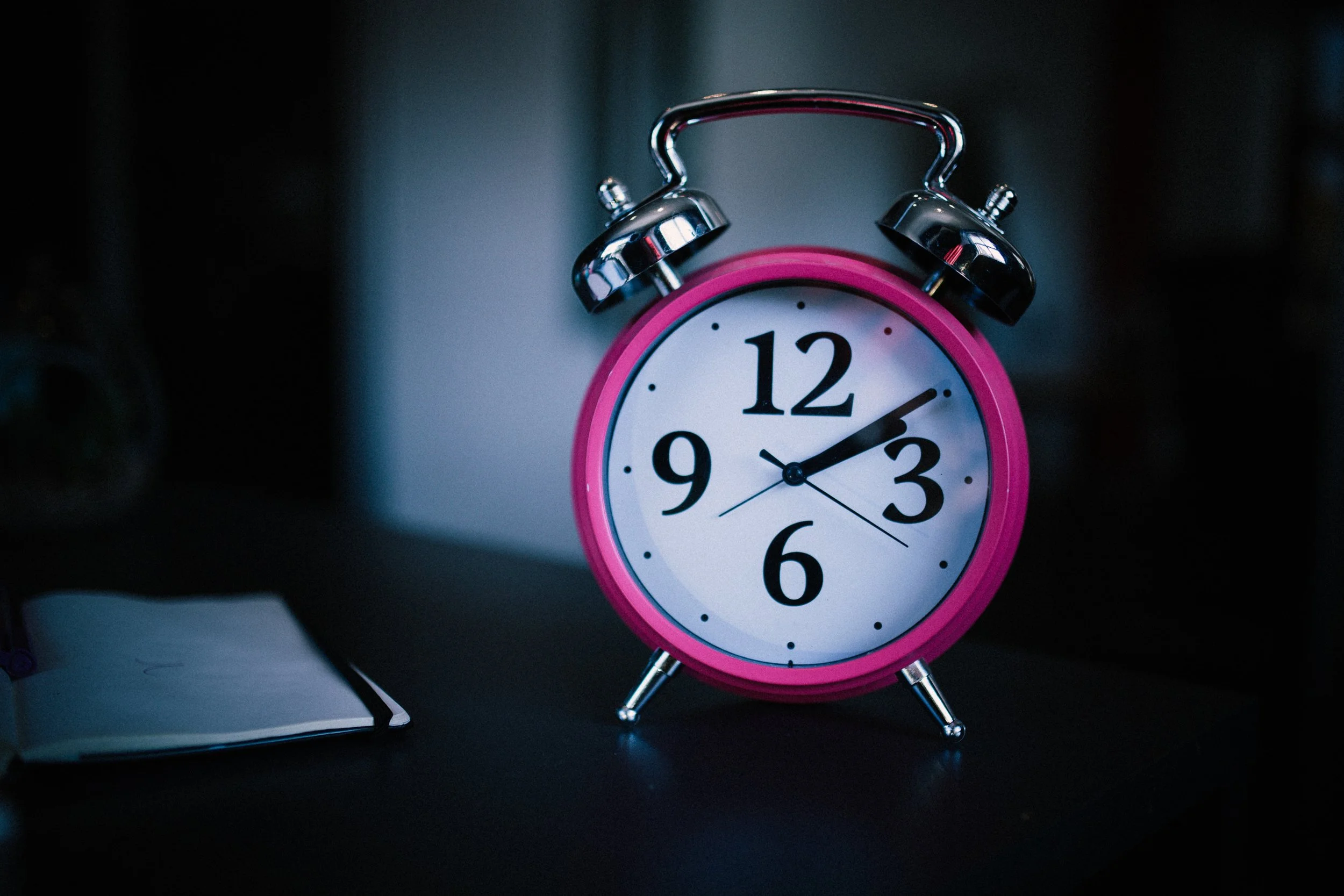How Much Do You Really Know About Each Time You Dream?
We spend about six years’ worth of our lives dreaming. It’s something that we all do, and yet I find the concept incredibly weird – frightening, in some ways. The idea of sinking into my bed, closing my eyes, and dreaming, doesn’t make me feel calm. It actually freaks me out.
I think it’s the lack of control that bothers me. You see, this is what I don’t like: how do I manage to make myself jump in dreams? How do I scare myself? It is my own brain conjuring up these bizarre night-time terrors, and yet I can take myself by surprise. Why do our heads think up such weird – and disturbing, in some cases – dreams, only to wake up thinking, What a relief, it was only a dream. Why do we put ourselves through it?
But then again, we don’t always remember our dreams. By the time we eat our breakfast, or get to work, the dream has slipped away, and you’re just left with a feeling. You know you had an utterly absurd dream last night, but haven’t a clue anymore what it was about.
It’s estimated that we forget 95% of our dreams within the first ten minutes of waking up. So why is this? The lack of knowledge and understanding about something happening in my very own head makes me feel slightly uneasy.
It’s hard to study dreams because you can’t look into somebody’s head. Dreaming is an abstract thing – a private thing. But we do know a little bit. We know that there are different stages during sleep. We know that the REM (Rapid Eye Movement) stage is when you dream. This is the deepest stage of sleep, and you can tell when it’s happening because people’s eyes seem to move around beneath their eyelids (hence the name). During REM sleep, the production of norepinephrine, serotonin, and histamine in our bodies are completely blocked. This stops our muscles moving, which is why you can run, dance, and skip in a dream, without moving in reality. Of course, sometimes this doesn’t go to plan, and we get sleepwalkers.
It is also possible to wake up while these chemicals are still being blocked, which causes sleep paralysis. This, in my opinion, is one of the scariest aspects of dreaming. It’s where the lines between reality and dreams merge, and while your body is awake, your brain is still asleep. It is essentially hallucinating while you’re unable to move.
The opposite of this of course is lucid dreaming. While sleep paralysis causes a lack of control, lucid dreaming puts you back behind the steering wheel. You are not only aware of when something is a dream, but able to decide what happens. So, is this what I’m looking for? Is it the control that lucid dreaming offers that I want? Perhaps, but part of me still holds back from this idea. Dreaming is about letting go, isn’t it? It’s about winding down from commitments and escaping the world for a bit.
The other unresolved question: what do our dreams mean? My gut instinct is simply nothing. The level of randomness in some of my dreams tells me that they cannot possibly relate the anything logically. There is, however, one thing that confuses me, which is common dreams. For example, I have dreamt various times about my teeth falling out, and it turns out many others have too. My sister, mum, friends and colleagues have all shared this dream. In fact, it is supposedly one of the most common dreams out there. So, why do I find this so strange? Well, dreams are limitless. Your brain can conjure up any scenario, no matter how bizarre. So why, when there are so many possibilities, are so many of us having the same dreams? Maybe it’s because we dream so often, so stories are likely to be similar to others, every now and then. Or maybe it links to the meaning behind our dreams.
Sigmund Freud, the unconventional psychoanalyst, believed dreams to be highly symbolic. When we wake up, the parts we remember are symbols for our subconscious wishes, urges, and desires. Freud saw dreams as a method of dealing with our emotions while we sleep.
Others think that dreams prepare us for threats. Is this why we experience so much anxiety and awful circumstances while we’re asleep? Supposedly, dreams prepare us for bad situations by giving us practise with similarly bad situations. Ironically, dreams set us up for the real world.
Otherwise, dreams could just be a pointless side effect of us ‘charging our batteries’. Perhaps there is a purpose for it, or else why would we do it in the first place? But maybe not knowing is okay. Maybe knowing exactly what goes on in somebody’s head is just as unsettling as knowing nothing at all.
There is one aspect of dreaming which will always mess with my head, however, and that is the normality of dreams as they happen. Let me put it this way: during a dream, I could be flying on a magic carpet, with Obama and Scooby Doo, and not think anything of it. It isn’t until you wake up that you realise how weird the whole thing was. Within the dream, I never consider reflecting on the situation and saying, This is actually kinda… odd… You have no awareness of the abnormalities of a dream while it is your reality – you settle for the fact that things are normal because, well, why wouldn’t they be? And so, of course, this is the part where I overthink things, because does this that mean that, theoretically, you could be dreaming right now? Can this be proven? Disproven? Unless you are lucid dreaming, you have no awareness of the fact you’re dreaming, while in a dream, correct? You won’t have any idea of how weird everything is until the moment you wake up. So how would you tell if you’re in one now?








